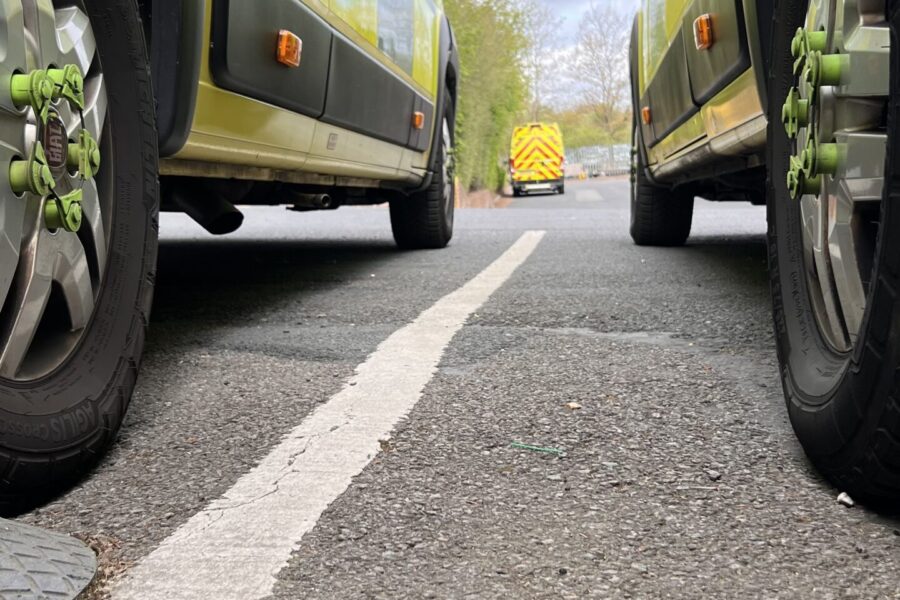
Elena Lewis – Thursday 24th April – 08.00am
West Midlands Ambulance Service (WMAS) is launching a ‘How We Treat Each Other Matters’ campaign after new figures show our staff are subjected to more than 9 incidents of physical abuse, verbal abuse or aggression, every single day.
The social media campaign, which sees staff from our frontline, control rooms and Patient Transport Services come together to encourage respect and safety for all WMAS staff, comes as the number of violent incidents against UK ambulance staff reached an all-time high in the last 12 months. 22,536 cases were recorded across the 14 ambulance services, a jump of 15% on the previous year, 3370 of which were in the West Midlands.
By launching this campaign WMAS wants to encourage members of the public to be respectful to ambulance staff with the Trust keen to reiterate it does not and will not tolerate abuse and violence directed towards our workforce, with legal action always being pursued.
Chief Executive Officer, Anthony Marsh, said: “For many staff, this sort of abuse can have a profound impact on their lives with some staff never recovering and actually leaving the service altogether. While it is a minority of people who commit these offences, we need the public to support us to make such abuse something that is unacceptable.”
WMAS Head of Security and Safety, Dan Knight, said: “Everyone deserves to come to work without fear of abuse, aggression or violence from the public. Whether that be our staff on the frontline, Patient Transport Services staff or those who work in our control rooms.
“The message is simple, abuse will not be tolerated and appropriate actions will be taken when these incidents occur. 3370 incidents of abuse and violence is 3370 too many.
“We hope with the launch of this campaign, it will be an important reminder to the public that showing respect to our staff, who are ultimately only trying to help people, should be a given.”
Following the release of the new figures, Chair of the Association of Ambulance Chief Executives (AACE), Jason Killens, has written to ministers responsible for ambulance services in the UK to explore what further national policy interventions can be developed to help combat the growing number of violent assaults against ambulance workers in the UK.
He said: “These figures are truly shocking and reflect a pattern of increased violence, aggression and abuse directed at hard-working ambulance people who are there to help people in their times of greatest need. Frontline staff as well as call handlers are affected by this horrendous abuse and this unacceptable behaviour has a major long-term impact on the health and wellbeing of ambulance people who are simply trying to do their jobs and help save lives.
“This situation is now so serious that we are seeking to engage with UK health ministers at the highest level to explore new interventions that could help deter potential perpetrators of these attacks. We would also underline again that it is vital that the judiciary uses all available legislation to ensure appropriate sentences are handed out consistently to those found guilty of committing these horrific crimes against our workforce.”
Notes to editors
The breakdown of incidents by county are as follows:
Hereford and Worcestershire – 341
Arden – 318
Staffordshire – 462
Birmingham and the Black Country – 2051
Shropshire – 168
Cheshire* – 30
*WMAS operates the Patient Transport Services contract for Cheshire.
ENDS